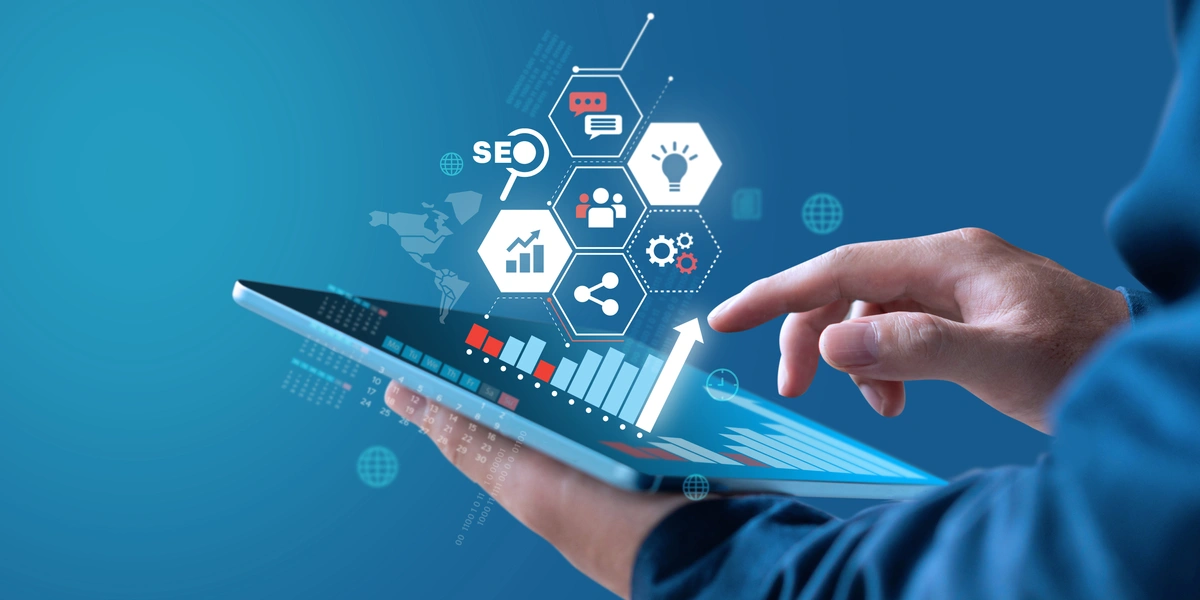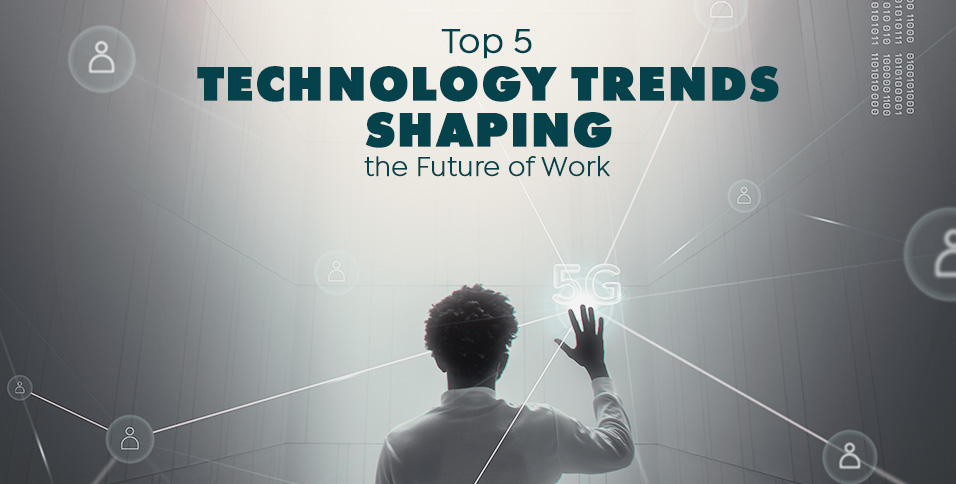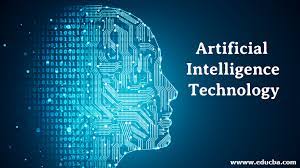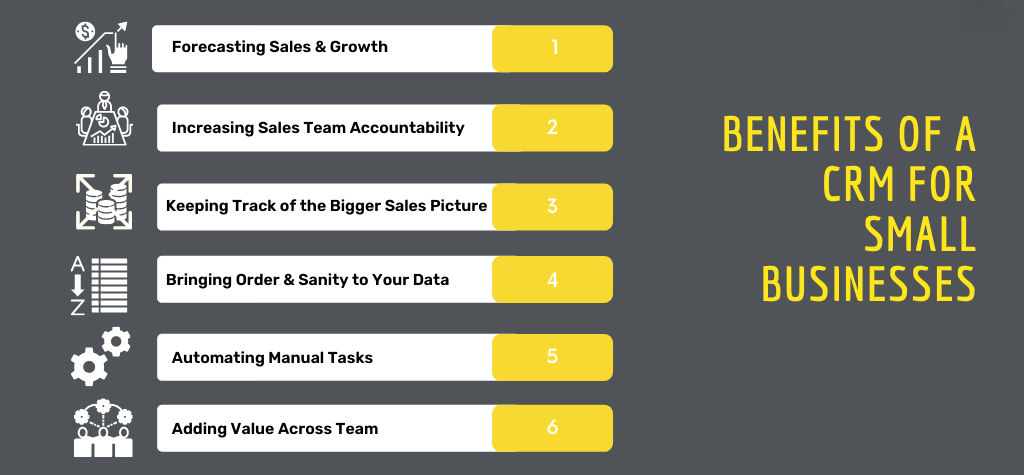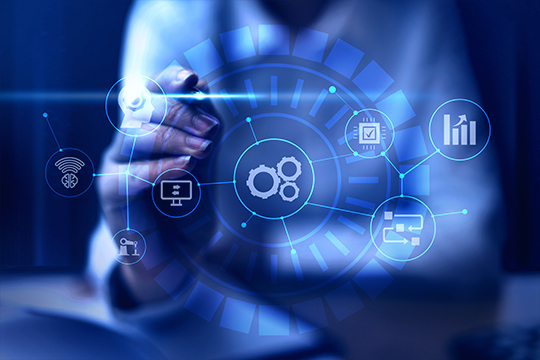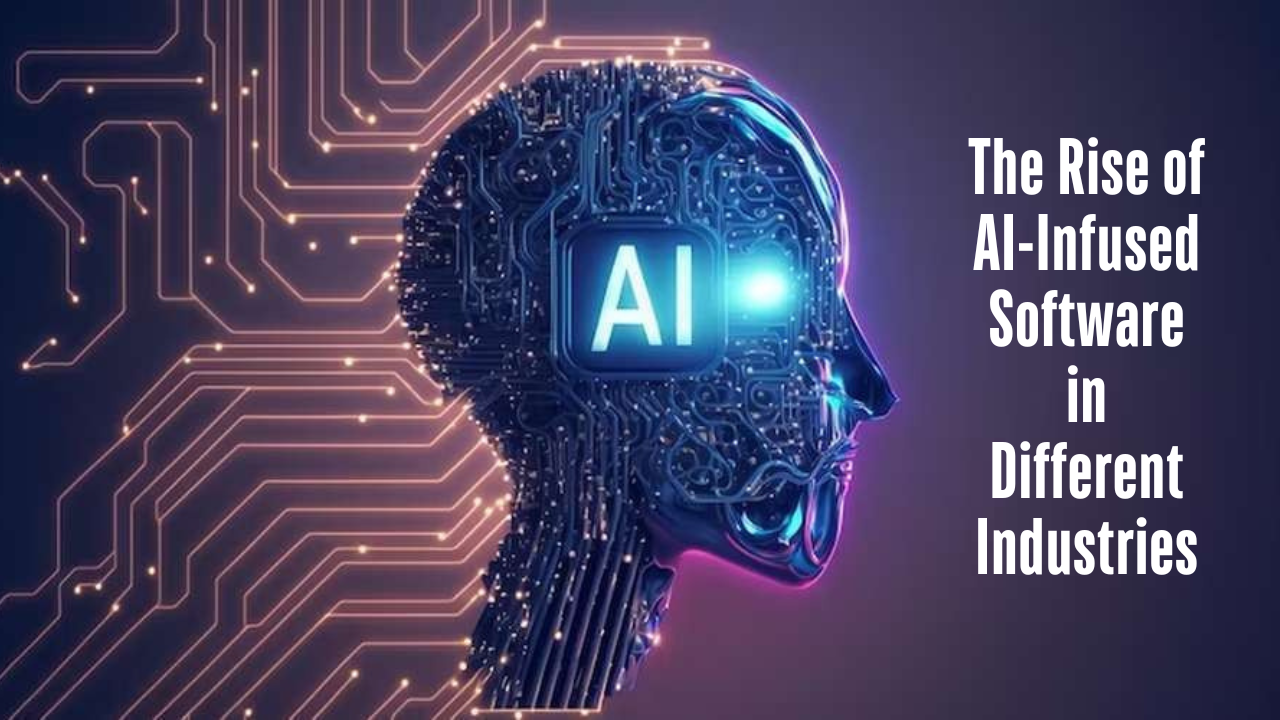
Techvizor remains at the forefront of analyzing these technological trends, providing insights into how AI is reshaping industries and influencing the future of software development. As industries embrace the power of AI, we can expect continued advancements and new opportunities that will redefine the way we live and work. The rise of AI-infused software is not just a technological shift but a paradigm change, promising to enhance our capabilities and redefine the future of various sectors.
Artificial Intelligence has developed from fanciful visions of the future to practical everyday use across many industries in the blink of an eye. AI technology is the main factor of industry transformation through its smooth software incorporation, efficiency gains, and offering new opportunities for innovations as it progresses. Techvizor, a leading authority in the analysis of technology, points out that AI-powered software is changing the way different sectors function and thus has a substantial impact on how companies operate and compete.
Healthcare: Revolutionizing Patient Care
In the healthcare industry, AI is playing a transformative role in patient care and administrative efficiency. AI-driven software is improving diagnostics through advanced imaging technologies, such as MRI and CT scans, that can identify anomalies with unprecedented accuracy. For example, AI algorithms are now capable of detecting early signs of diseases like cancer that might be missed by human eyes.
Beyond diagnostics, AI is enhancing personalized medicine by analyzing patient data to recommend tailored treatments. Tools like IBM Watson Health harness AI to sift through vast amounts of medical literature and patient data to suggest the most effective treatment plans, thus supporting clinicians in making informed decisions.
AI is also streamlining administrative tasks, such as scheduling and billing, by automating routine processes. This not only reduces the burden on healthcare staff but also minimizes human error, leading to more efficient operations and improved patient experiences.
Finance: Enhancing Decision-Making and Security
The finance sector has also embraced AI-infused software to optimize decision-making and bolster security. AI algorithms analyze market trends, historical data, and economic indicators to provide investment recommendations and forecast financial outcomes. For instance, robo-advisors use AI to offer personalized investment advice based on individual risk profiles and financial goals.
In addition to investment management, AI is revolutionizing fraud detection and cybersecurity in finance. Machine learning models can identify unusual transaction patterns and flag potential fraud in real-time, significantly reducing the risk of financial crime. Banks and financial institutions are increasingly relying on AI-driven software to enhance their security protocols and protect sensitive information.
Retail: Personalizing Customer Experiences
AI-infused software is transforming the retail industry by personalizing the shopping experience and optimizing supply chain management. Through advanced data analytics, retailers can gain insights into customer preferences, behavior, and purchasing patterns. This enables them to offer personalized recommendations, targeted promotions, and tailored shopping experiences.
Chatbots and virtual assistants, powered by AI, are revolutionizing customer service by providing instant support and resolving queries efficiently. These AI-driven tools enhance customer satisfaction and reduce the need for human intervention in routine inquiries.
Moreover, AI is optimizing inventory management by predicting demand patterns and managing stock levels. This helps retailers reduce overstock and stockouts, leading to more efficient operations and improved profitability.
Manufacturing: Driving Efficiency and Innovation
In the manufacturing sector, AI-infused software is driving significant improvements in efficiency and innovation. Predictive maintenance powered by AI can analyze data from machinery to forecast potential failures before they occur, minimizing downtime and reducing maintenance costs. This proactive approach helps manufacturers maintain smooth operations and extend the lifespan of their equipment.
AI is also enhancing the design and production processes through advanced simulations and optimizations. Generative design algorithms use AI to explore numerous design possibilities and identify the most efficient and effective solutions. This accelerates product development and fosters innovation by enabling manufacturers to create more complex and optimized designs.
Education: Enhancing Learning Outcomes
AI-driven software is revolutionizing the education sector by personalizing learning experiences and automating administrative tasks. Adaptive learning platforms use AI to tailor educational content to individual students' needs, learning styles, and progress. This personalized approach helps improve learning outcomes and supports students in achieving their academic goals.
AI-powered tools also streamline administrative functions, such as grading and scheduling, allowing educators to focus more on teaching and less on administrative tasks. Additionally, AI can analyze student performance data to identify areas where students may need additional support, enabling more targeted interventions and resources.
Conclusion: The Future of AI-Infused Software
As AI technology continues to advance, its integration into software systems across various industries is set to deepen, driving further innovation and efficiency. From healthcare to finance, retail, manufacturing, and education, AI-infused software is transforming how businesses operate and deliver value.
Techvizor remains at the forefront of analyzing these technological trends, providing insights into how AI is reshaping industries and influencing the future of software development. As industries embrace the power of AI, we can expect continued advancements and new opportunities that will redefine the way we live and work. The rise of AI-infused software is not just a technological shift but a paradigm change, promising to enhance our capabilities and redefine the future of various sectors.

